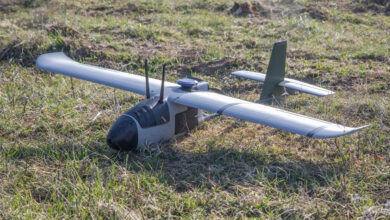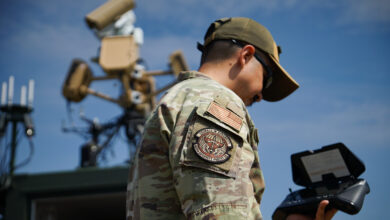US Army Orders Additional Jam-Resistant GPS Systems
The US Army has ordered additional jam-resistant GPS systems to allow combat vehicles to operate in environments with degraded or poor navigation signals.
The Mounted Assured Positioning, Navigation, and Timing System Generation I (MAPS GEN I) contract has been awarded to GPS Source, a subsidiary of General Dynamics Mission Systems.
“This milestone order demonstrates the growing recognition of the MAPS GEN I solution to the assured position, navigation, and timing challenges faced by U.S. Army forces worldwide,” Director of GPS Source Aaron Mebust said in a statement.
The GPS has gone through rapid development and fielding after its production started in 2019. The US military initially fielded 62 systems in the fall of that year with the 2nd Cavalry Regiment in Germany for installation and continued testing.
In May 2021, the military ordered a multi-million dollar contract for 1,000 units of MAPS GEN I for operational deployment in ground vehicles after its successful installation and performance.
The company has been providing GPS distribution and validation equipment since 2000 for the US military.
About MAPS GEN I
MAPS GEN I is a modular mobile system that monitors GPS signals and transmits the validated data to military devices. It protects GPS signals against peer and near-peer adversaries.
The GPS is fielded throughout the US Army’s combat formation to enable warfighters to conduct mobile operations in a GPS-contested environment. The only provider of APNT equipped on vehicles, the system provides soldiers with better anti-spoof and anti-jam capabilities in challenging environments.
MAPS GEN I replaces the Defense Advanced GPS receivers earlier installed on US armored vehicles.
Additional Deal for BAE’s Anti-Jamming Device
The US Defense Logistics Agency also awarded BAE Systems an additional $316 million contract to supply military-code GPS receiver technology last December 2021. The delivery of the system is expected to be completed by 2030.
The GPS modules offer increased accuracy and anti-jamming capabilities in challenging environments. The technology ensures proper positioning, timing, and navigation during hostile operations and will soon be integrated into ground and airborne systems.












